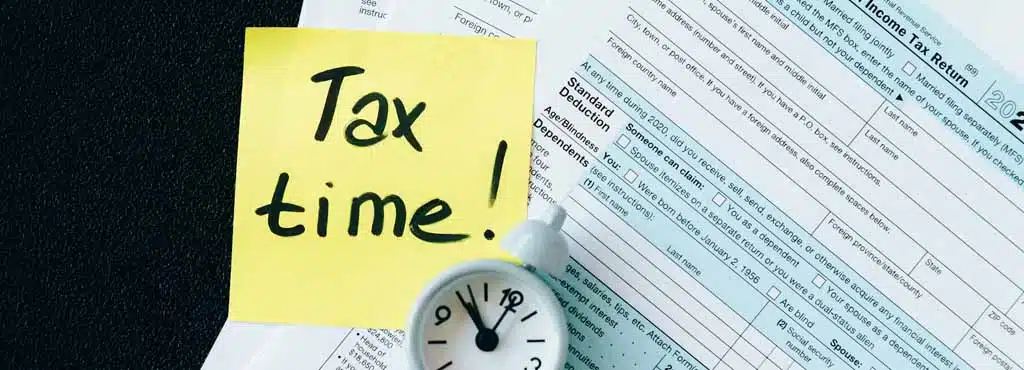If you are in the process of arranging a Settlement Agreement with your employer, it is imperative to understand whether there are any tax implications involved. An expert solicitor will be able to offer legal advice and explain not only the process of making the Settlement Agreement legally binding, but also the various tax implications involved.
Taxation and Settlement Agreements
In Wales and England, Settlement Agreements may be subject to taxation, depending on the type and value of the payment you receive. While some payments are taxable, others are free from tax. Typically, the first £30,000 of any settlement payment will be free from tax.
Termination Payments
All payments that you receive from your employer when leaving your role will be classified by HMRC as a termination payment. Therefore, the tax laws that cover termination payments are applicable when the payment is being made due to the termination of your employment, regardless of the reason for that termination. If your Settlement is due to redundancy, however, statutory redundancy payments are paid entirely tax-free, although any amount over that sum will be taxable.
Taxation on Wages Earned
If you receive wages paid up until the date of the termination of your employment within the sum paid as part of your Settlement Agreement, that amount will be subject to tax in the standard manner.
Any holiday pay you are entitled to receive for leave left untaken when your employment is terminated will also be deemed as taxable income, even though you are receiving it as part of your Settlement Agreement.
In order to obtain a clear understanding of how tax will be levied on your Settlement Agreement payment, you should consult with an expert solicitor who specialises in this field. They will be able to advise you as to the tax implications with regard to the amount that you will receive.
For more information or for expert advice on business or personal legal issues, contact us at info@carterbond.co.uk or visit our website www.carterbond.co.uk or call us on 020 3475 6751. This content is not intended to be used as a substitute for specific legal advice or opinions. No recipients of content from this site should act or refrain from acting on the basis of content of the site without seeking appropriate legal advice.

